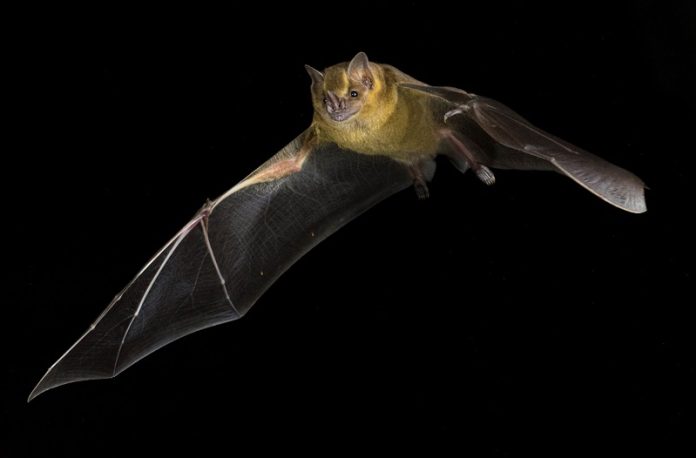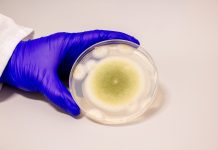
Bats are fascinating creatures, not just because they can fly, but also because they live for a long time, hardly ever get cancer, and have strong immune systems.
They can even carry harmful viruses without getting sick, a feature that has puzzled scientists.
Now, new research has shed light on how bats are so special when it comes to avoiding illnesses like cancer and viral infections.
Scientists from around the world, including those from the American Museum of Natural History, teamed up to study the genes of two types of bats: the Jamaican fruit bat and the Mesoamerican mustached bat.
They used advanced technology to read their genes and compared them to other animals that often get cancer. The goal was to figure out what makes bats different.
Here’s what they found: bats have special changes in their genes that help them repair damaged DNA and fight off cancer better than other animals.
In scientific terms, bats had changes in six DNA repair-related proteins and 46 proteins that usually stop cancer from growing. These cancer-fighting genes were more than twice as common in bats as in other animals.
Lead researcher Armin Scheben said, “We keep discovering amazing new things about bats. This research is just the beginning. We want to use what we learn from bats to help humans live longer and healthier lives, especially when it comes to understanding diseases like cancer.”
This study is vital for several reasons. First, it helps us understand why bats can carry viruses like the one that causes COVID-19 without getting sick themselves. Their strong immune system is likely part of the reason. Knowing this could help scientists figure out how to stop diseases from spreading from animals to people.
Second, bats’ ability to avoid cancer might hold the key to better treatments for humans. If scientists can understand why bats don’t get cancer as often, they might be able to develop new ways to treat or prevent cancer in people.
So, what’s next? Researchers plan to dig deeper into the genes of bats and see how these changes actually work in their bodies. They also want to see if these findings can be used to improve human health. For example, could we use the same genes to strengthen our own immune systems or fight cancer?
In short, bats are not just creatures of the night; they could be superheroes in the field of medicine. Their unique genetic makeup may offer clues to living longer, healthier lives, and that’s something we can all get excited about.
Follow us on Twitter for more articles about this topic.



